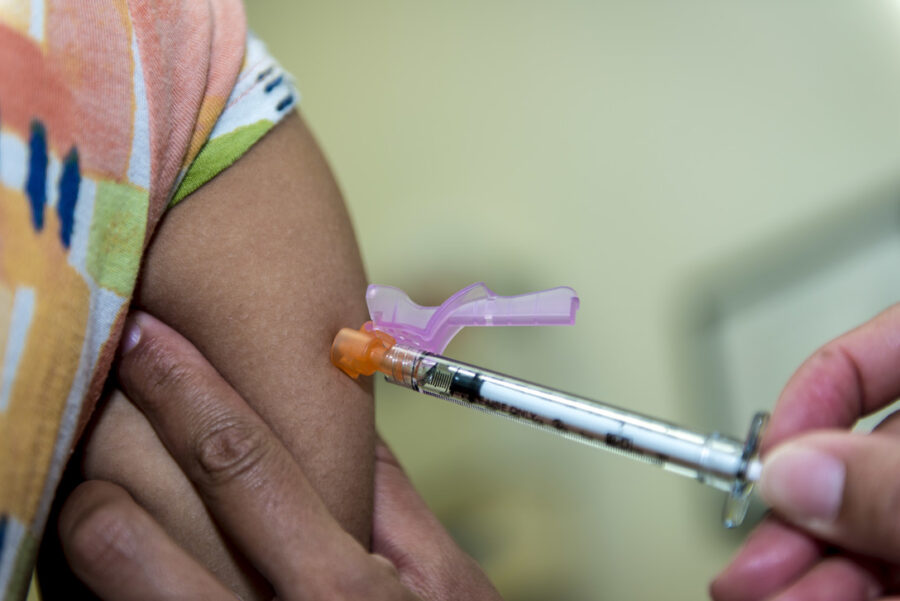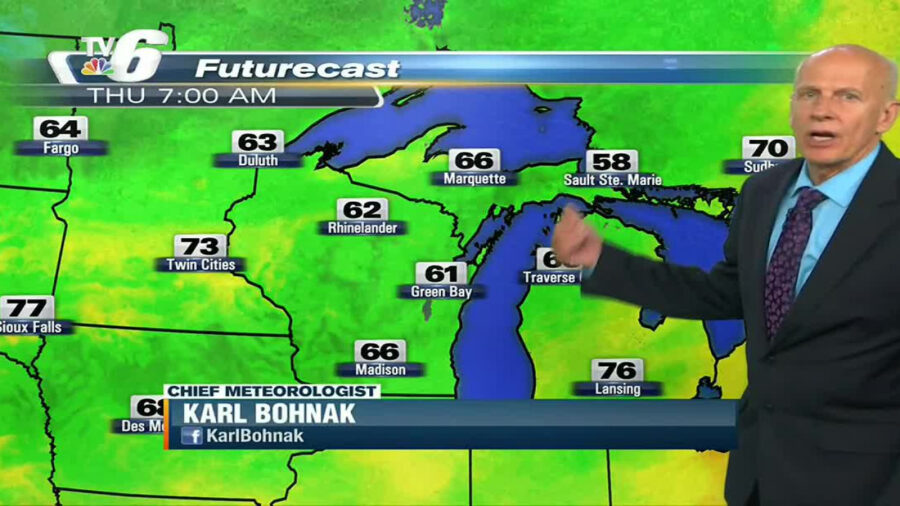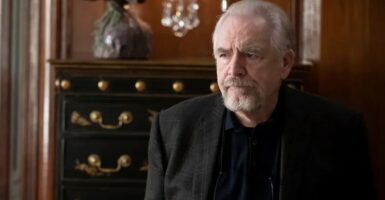Longtime TV Meteorologist Fired Over Refusing The Vaccine
One meteorologist in Michigan has been fired after refusing to follow a vaccine mandate at work.
This article is more than 2 years old

A Michigan meteorologist facing vaccine mandates has been fired from an NBC affiliate station. His employer of 33 years instated a policy that everyone would need to receive Covid-19 vaccinations. Karl Bohnak refused to comply with the policy set by the Michigan television station, WLUC. He was then fired and announced this change in his life via his Facebook, where he seemed to previously sometimes communicate with his audience.
Meteorologist Karl Bohnak explained his situation via Facebook.
I am leaving TV6 because the station’s corporate owner, Gray Television, has mandated vaccination against COVID-19 for anyone entering a property owned by the company. Since I chose not to take one of the shots, I was fired. Many of you have taken one of these injections, and that is absolutely your right. It is also my right to choose the medical options I feel are right for me. I have authority over my body.
Karl Bohnak, former WLUC meteorologist who refused the Covid-19 vaccine against his employer’s policies.

Karl Bohnak was the Chief Meteorologist prior to the vaccine mandate for WLUC in the Upper Peninsula of Michigan for 33 years. The area is more rural. He has said that the area is one of the most challenging parts of the country for meteorologists, which seems to be why he chose to work there before the vaccine became an issue for him personally.
The meteorologist isn’t the only one leaving their job over a vaccine mandate, particularly in the entertainment industry. Allison Williams is leaving ESPN after a similar policy in her workplace. The entertainment industry is yet to have a singular standard for these situations, though. Productions are all enacting different policies concerning quarantine procedures, vaccinations, and testing for the virus. Many productions have also been tracking who comes into contact with each other to minimize exposure. Every company is working to determine
While the meteorologist has had to make decisions about the vaccine mandate at his former employer, and productions are enforcing certain rules, other places have handled things differently. The 2021 Emmys saw many celebrities in a large and crowded space gathered together for the awards ceremony. Seth Rogen recently began trending online after making comments on stage at the Emmys about the large group of celebrities gathered in a space without proper ventilation and without wearing face masks. This situation shows how far the industry is from deciding on a standard across the board for dealing with vaccine requirements from employees, but the Michigan-based meteorologist being fired shows that some companies are making final decisions.

Companies are making these decisions after going through risk assessments, if they’re following guidelines out there for companies suggested by organizations like Occupational Safety and Health Administration (OSHA) or the World Health Organization (WHO). These organizations are using information from doctors about the Covid-19 virus and then setting out standards companies, like the ones who fired the meteorologist over the vaccine mandate, can use to then assess their risk factors and what policies they can implement to lower the risk of their employees and create a safe work environment.
While the virus is a new threat, these kinds of standard risk assessments and workplace safety practices are something all companies are familiar with. For example, construction workers wearing hard hats once a risk assessor says that there is a risk of workers hurting their heads. Or in the entertainment industry, the way that productions have to purchase insurance for the varying risks on sets, and stunt doubles are often hired to perform certain jobs. Risk assessment has long been a part of the work force and similar practices are being used by large companies as they decide how to move forward with policies like the vaccine mandate the Michigan meteorologist has come up against.











